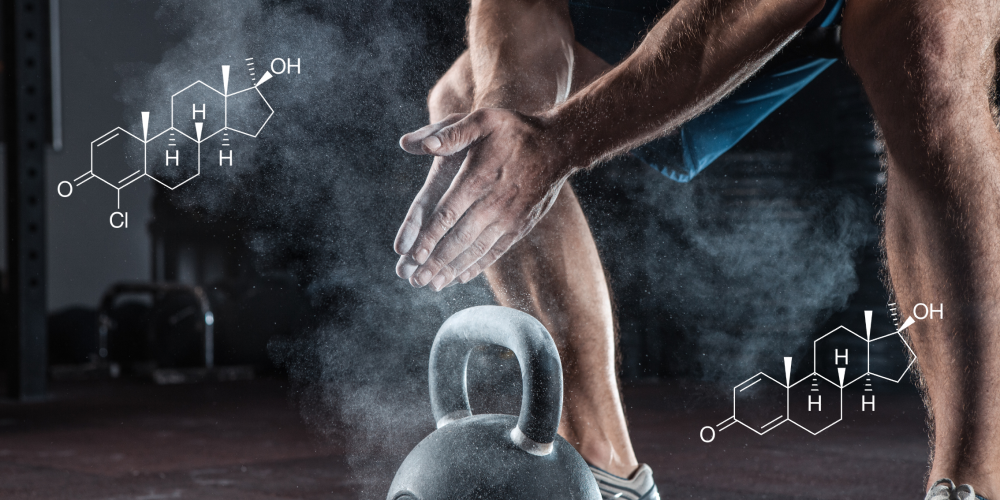How peppers can spice up your performance
When it comes to enhancing athletic performance, we often look to different supplements and crazy new diets. However, one natural ingredient that deserves attention is peppers in general. Known for their distinctive heat profile and vibrant colors, peppers contain chemical compounds that may offer performance-enhancing benefits. In this article, we will explore the some of the potential effects of peppers on athletic performance and how they can be easily incorporated into your diet with our tips.
- Capsaicin and performance:
The primary compound responsible for the fiery sensation in peppers is capsaicin. Capsaicin has been the subject of numerous studies regarding its potential benefits for performance. It is believed to accelerate metabolism, promote fat oxidation, and enhance endurance capacity. By activating certain receptors in the body, capsaicin may boost energy expenditure and promote some thermogenic effect.
- Improved blood flow and oxygenation:
Peppers, especially those with a vibrant red color, are rich in a compound called lycopene (by the way, so are tomatoes and other red colored vegetables). Lycopene is a powerful antioxidant that has been linked to improved blood flow and oxygenation. Efficient blood circulation and oxygen delivery are crucial for optimal performance as they enhance muscle function and may delay fatigue. Including lycopene-rich peppers in your diet may help support cardiovascular health and overall performance.
- Anti-inflammatory properties:
Intense physical activity can lead to inflammation and oxidative stresses in the body. Peppers contain antioxidants and anti-inflammatory compounds, such as vitamin C, flavonoids and carotenoids, which can help combat exercise-induced inflammation. By reducing oxidative stress and promoting a healthy inflammatory response, peppers may aid in post-workout recovery and support overall performance.
- Vitamin C and immune function:
Peppers, particularly the bell pepper varieties, are solid sources of vitamin C. Vitamin C plays a crucial role in maintaining a strong immune system, which is very important for athletes. Doing intense exercise can temporarily suppress immune function, making athletes more likely to get ill. Including peppers in your diet can provide a natural boost of vitamin C, supporting immune health and helping to minimize the risk of infections.
- Hydration and electrolyte balance:
Some peppers, like the mild and refreshing bell peppers, have a high water content, which can contribute to overall hydration. Adequate hydration is essential for maintaining performance and preventing dehydration-related issues. Additionally, peppers contain electrolytes like potassium, which help maintain fluid balance and support proper muscle contraction and function during exercise.
To incorporate peppers into your diet, here are some practical tips you may want to try:
- Experiment with different pepper varieties: Explore the wide array of peppers available, from mild to extra spicy. Find the ones that suit your taste preferences and gradually incorporate them into your meals.
- Add peppers to salads: Chop or slice peppers and toss them into your salads for an added crunch and a burst of color and heat.
- Spice up stir-fries: Throw some chopped peppers in your stir-fries for a vibrant mix of flavors and textures. They pair well with various vegetables, proteins, and sauces.
- Grilled or roasted peppers: Grilling or roasting peppers can enhance their natural sweetness and smoky flavors. Enjoy them as a side dish or incorporate them into wraps, sandwiches, or pasta dishes or anything else you like.
- Salsas and dips: Create your own spicy salsas or dips by combining peppers with other ingredients like tomatoes, onions, herbs, and spices. Peppers can also be fermented with other spices and turned into delicious sauces such as Sriracha. These can be used as toppings, condiments, or accompaniments for your meals.
- Be mindful of spiciness levels: If you are sensitive to spicy foods or are trying peppers for the first time, start with milder varieties, such as bell peppers, and gradually introduce spicier peppers as your tolerance builds. People with a history of hemorrhoids may want to be extra careful especially with the hotter ones.
- Hydration and cooling effect: As discussed before, peppers can contribute to hydration. They can be particularly refreshing when consumed raw or added to chilled dishes during hot weather or intense training sessions.
Remember, it’s essential to listen to your body and respect your individual preferences and tolerances. If you experience any discomfort or adverse reactions after consuming peppers, adjust your intake accordingly or consult a healthcare professional.
In conclusion, peppers offer potential benefits for athletic performance due to their capsaicin content, lycopene, antioxidants, and other nutrients. Including peppers in your meals can help you stick to an otherwise boring and bland diet as well as add flavor, nutritional value, and a natural boost to metabolism, blood flow, immune function, and recovery. You should definitely try and enjoy the vibrant and spicy world of peppers as part of your journey to optimizing athletic performance.









